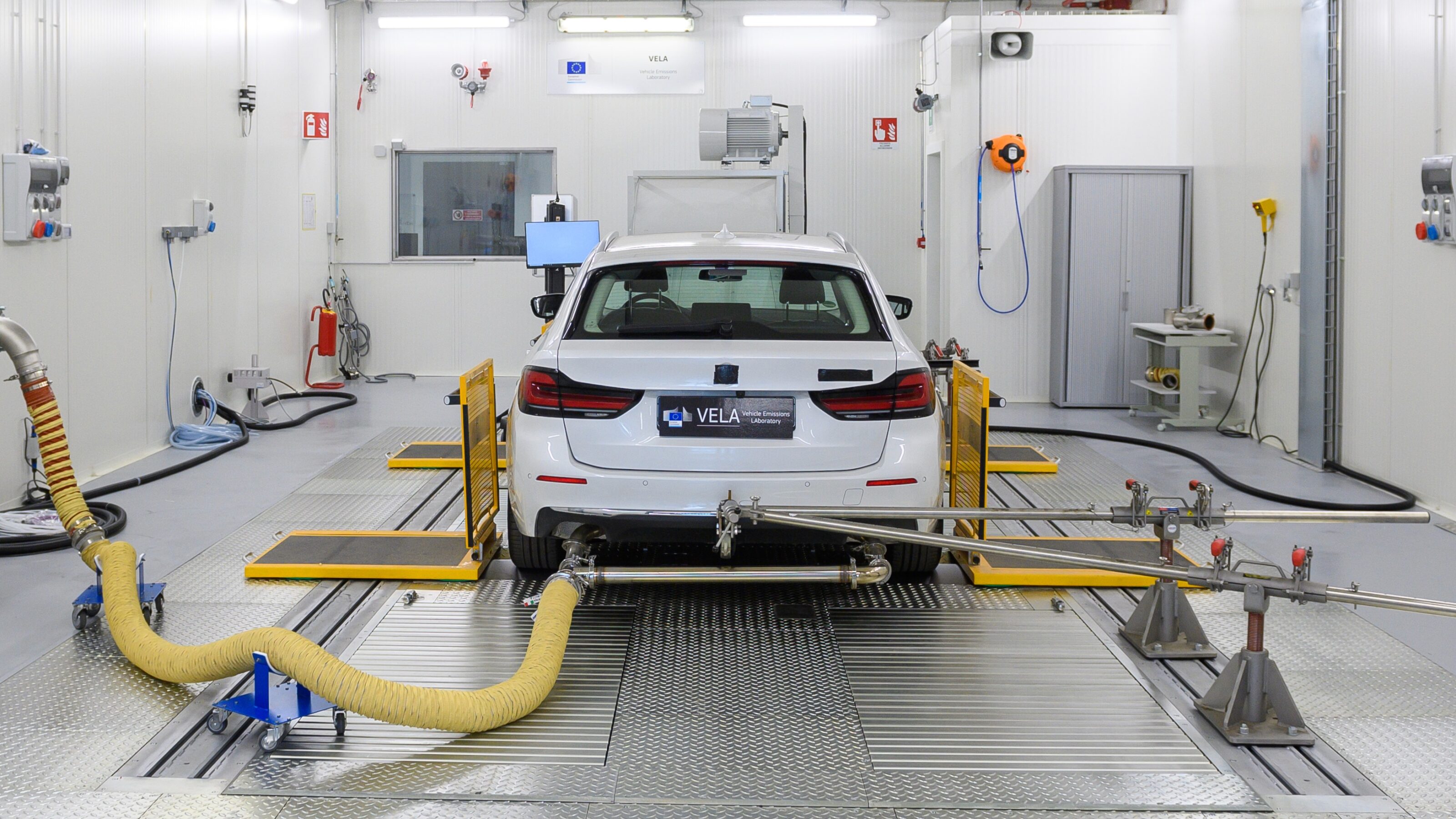
The European Commission has opened two new laboratories for testing vehicle emissions.
The Commission, which is the executive arm of the European Union (EU), said the increased scrutiny of the new-car industry was a direct result of the so-called Dieselgate scandal, in which Volkswagen Group brands and others were found to have installed software into diesel models specifically designed to subvert emissions testing laws.
The two labs were opened at its Joint Research Centre (JRC) in Ispra, Italy, expanding the bloc’s testing capacity ahead of Euro 7 emissions regulations being introduced in 2025.
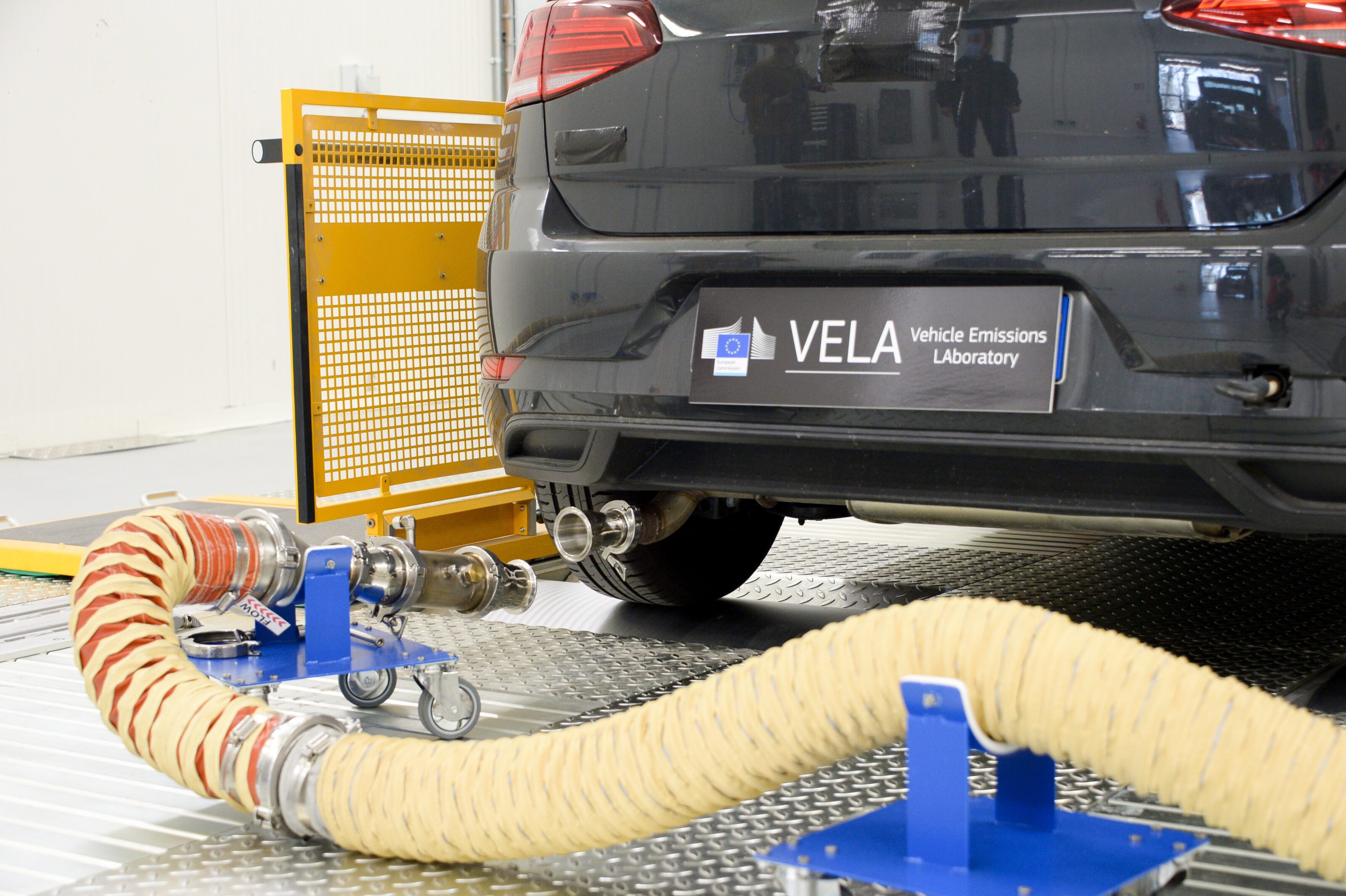
“These new top-notch laboratories will allow the JRC to continue, with increased efficiency, to ensure that cars comply with emission rules in the EU,” Innovation and Research Commissioner Mariya Gabriel said at the inauguration.
“It is great news for all consumers and Europeans, and a step forwards towards the ambition to become a climate neutral continent by 2050. Another important example on how science helps policy.”
While each country is responsible for its own testing, a consequence of the Dieselgate scandal is that the Commission can now carry out emissions compliance checks, issue fines, and trigger recalls across the European Union.
Some industry analysts are predicting the strict Euro 7 laws will be the beginning of the end for internal-combustion engines (ICE) when they come into effect, with Nissan previously citing it as the reason it will stop development of petrol and diesel cars for Europe.
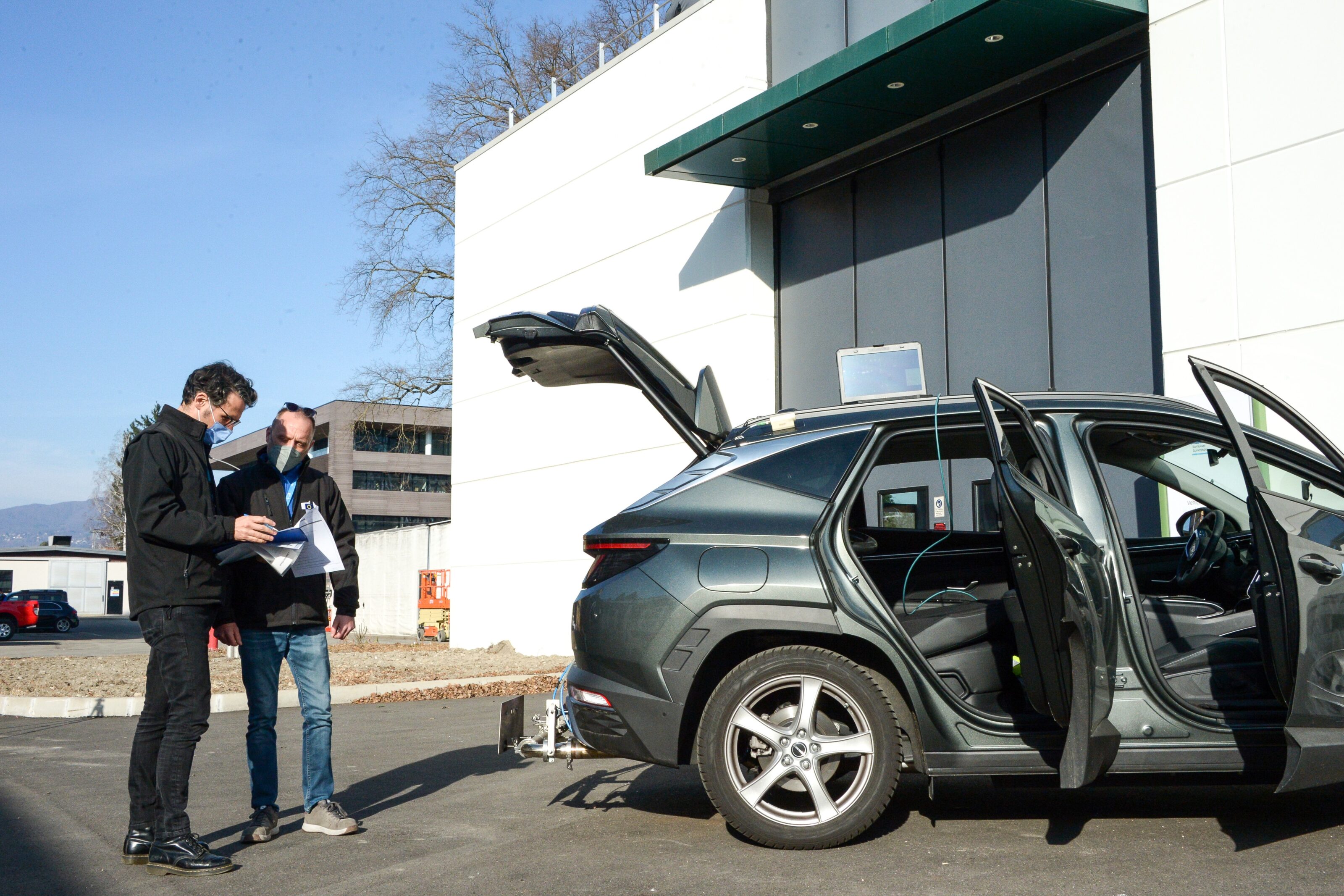
“So what we have decided is that we will not develop the ICE engine in Europe,” Nissan COO Ashwani Gupta said at a press conference in February.
“We do believe at the time of Euro 7, customers will have to pay much more for an ICE car than an electrified car.”
A handful of European carmakers have also announced they will move to all-electric portfolios by 2030, with ICE development to cease around the same time Euro 7 are introduced.
We recommend
-
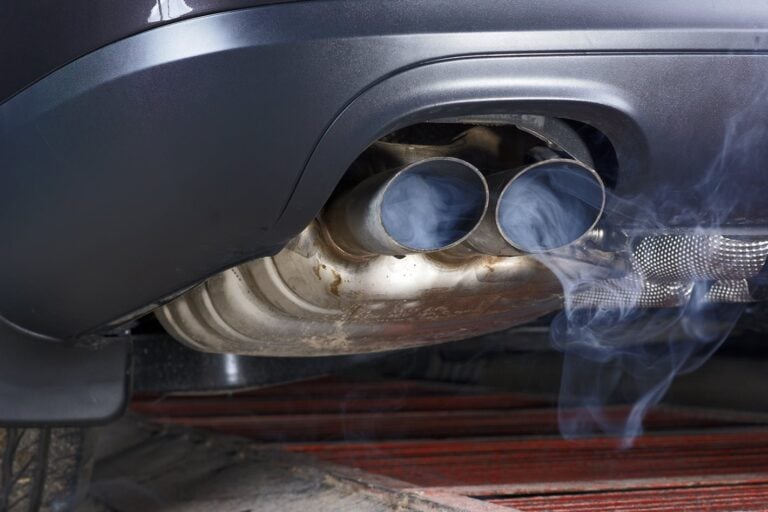 Advice
AdviceVehicle emissions explained
As new vehicle efficiency and emissions targets tighten, we explain what comes out of the tailpipe when you turn the key?
-
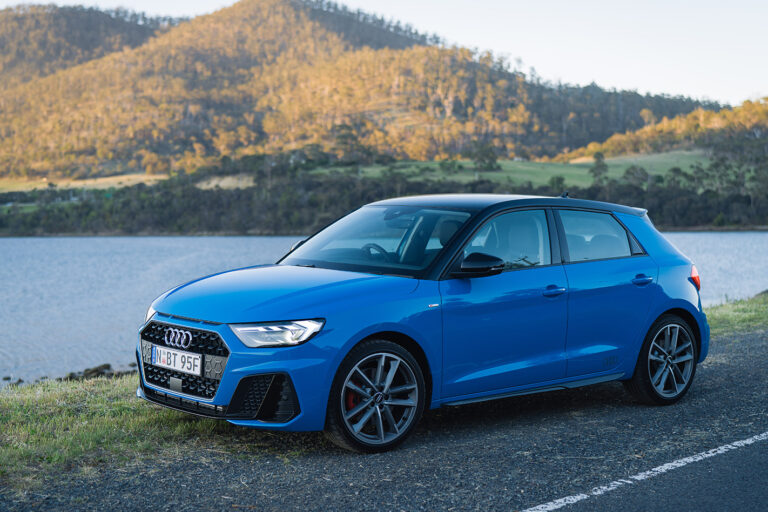 News
NewsNo successor for Audi A1 planned as Euro emissions targets make costs too high
No successor to Audi's smallest offering planned due to tightening emissions regulations
-
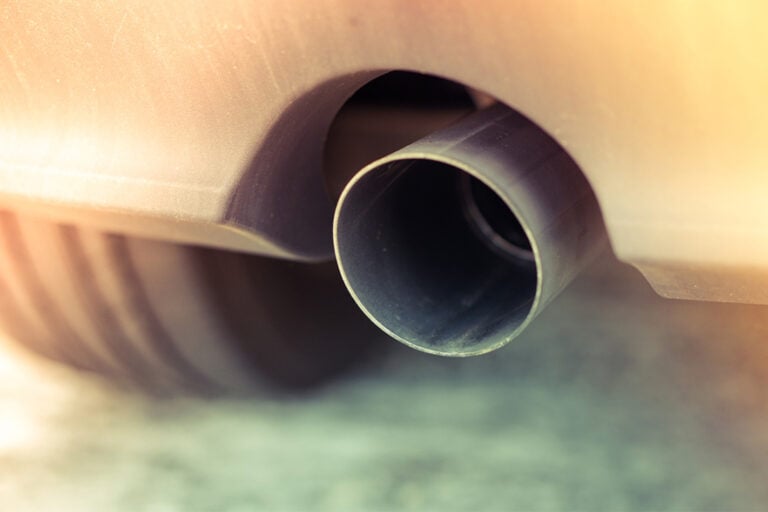 News
NewsEU officially proposes ban of ICE vehicles from 2035
ICEs on notice ahead of proposed ban in 14 years




